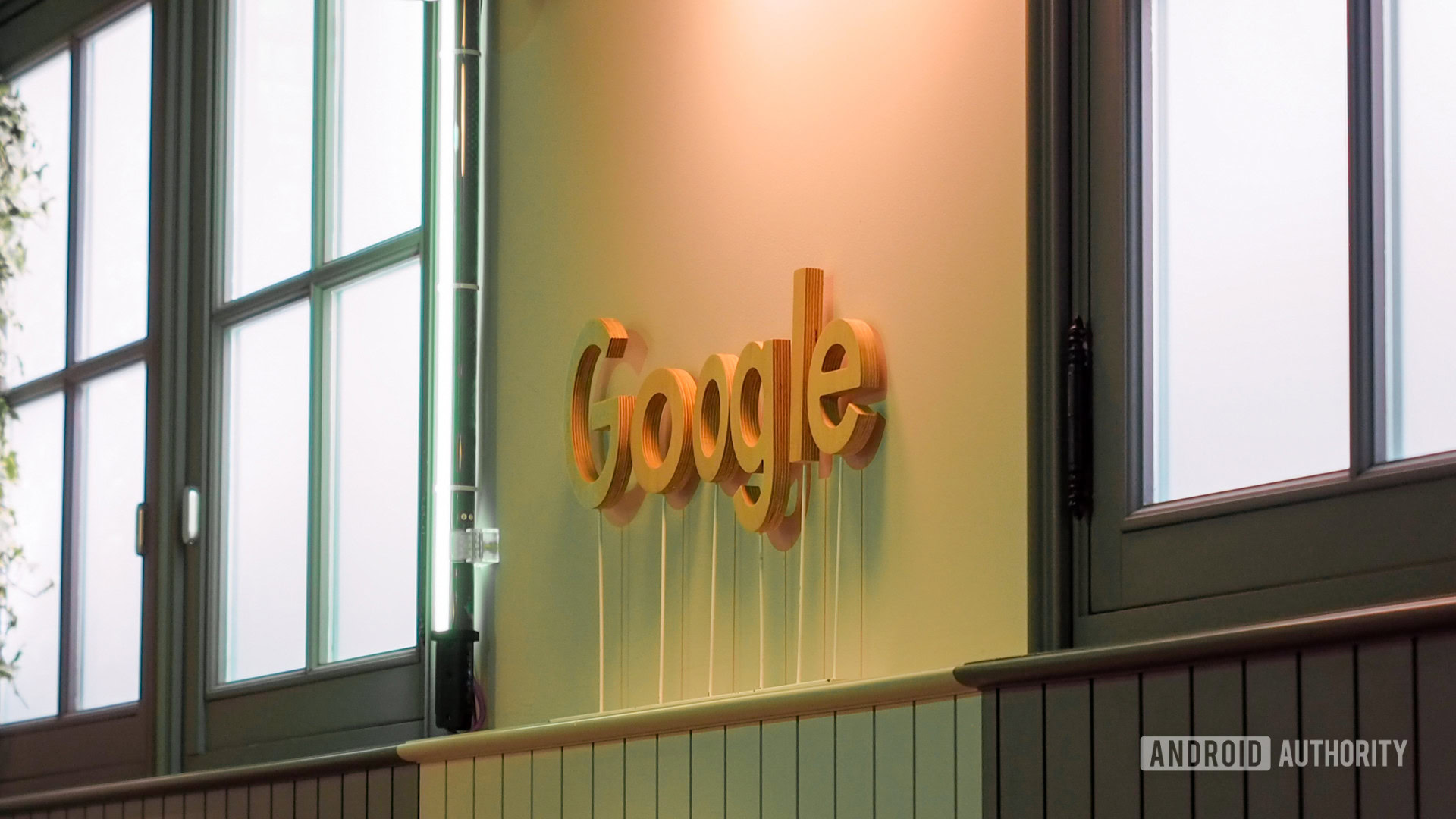Affiliate links on Android Authority may earn us a commission. Learn more.
The US's largest news publisher sues Google over alleged digital ad monopoly
June 20, 2023

- The largest news publisher in the US is taking Google to court over its digital advertising tech.
- Gannett alleges that Google monopolizes advertising technology markets and participates in deceptive commercial practices.
- Google says its services are popular because they’re the best, not because of anti-competitive behavior.
In a battle of the giants, the largest news publisher in the US has filed a lawsuit against one of the largest tech companies in the country. The latest suit in a string of lawsuits against Google — and its parent company, Alphabet — revolves around Google’s advertising technology.
Earlier today, Gannett CEO and Chairman Mike Reed announced on USA Today — which is owned by Gannett — that his company has filed a lawsuit in federal court against Google. The news publisher claims that Google monopolizes advertising technology markets and participates in deceptive commercial practices.
Gannett’s advertising partly relies on real-time ad sales that happen between the moment you click on a story and the time it takes for the page to load. Those sales are made through a publisher ad server and an ad exchange. According to Reed, Google owns 90% of the publisher ad server market and 60% of the ad exchanges market.
Google controls 90% of the market for “publisher ad servers,” which publishers use to offer ad space for sale. Google also controls more than 60% of the market for “ad exchanges,” which run auctions among advertisers bidding for ad space on publishers’ websites.
Additionally, Reed states that “Google controls the largest source of advertisers bidding on exchanges.” He also says that 60% of Gannett’s buyers come through Google. As a result, Reed accuses Google of unfairly controlling and manipulating the entirety of each online advertising transaction.
The core of the case and our position is that Google abuses its control over the ad server monopoly to make it increasingly difficult for rival exchanges to run competitive auctions. Further, Google’s exchange rigs its own auctions so Google’s advertisers can buy ad space at bargain prices. That means less investment in online content and fewer ad slots for publishers to sell and advertisers to buy. Google always wins because it takes a growing share of that shrinking pie.
In response to the lawsuit, Google provided a statement to Engadget claiming its services are popular because they’re the best, not because of anticompetitive behavior.
These claims are simply wrong. Publishers have many options to choose from when it comes to using advertising technology to monetize — in fact, Gannett uses dozens of competing ad services, including Google Ad Manager. And when publishers choose to use Google tools, they keep the vast majority of revenue. We’ll show the court how our advertising products benefit publishers and help them fund their content online.
Recently, Google has also faced scrutiny over its ad tech from the EU’s competition authority. The lawsuit would require Google to sell some of its ad tech services. Google acquired DoubleClick in 2007 and turned it into its ad server and exchange. In 2011, the company also acquired AdMeld to further improve its advertising infrastructure.